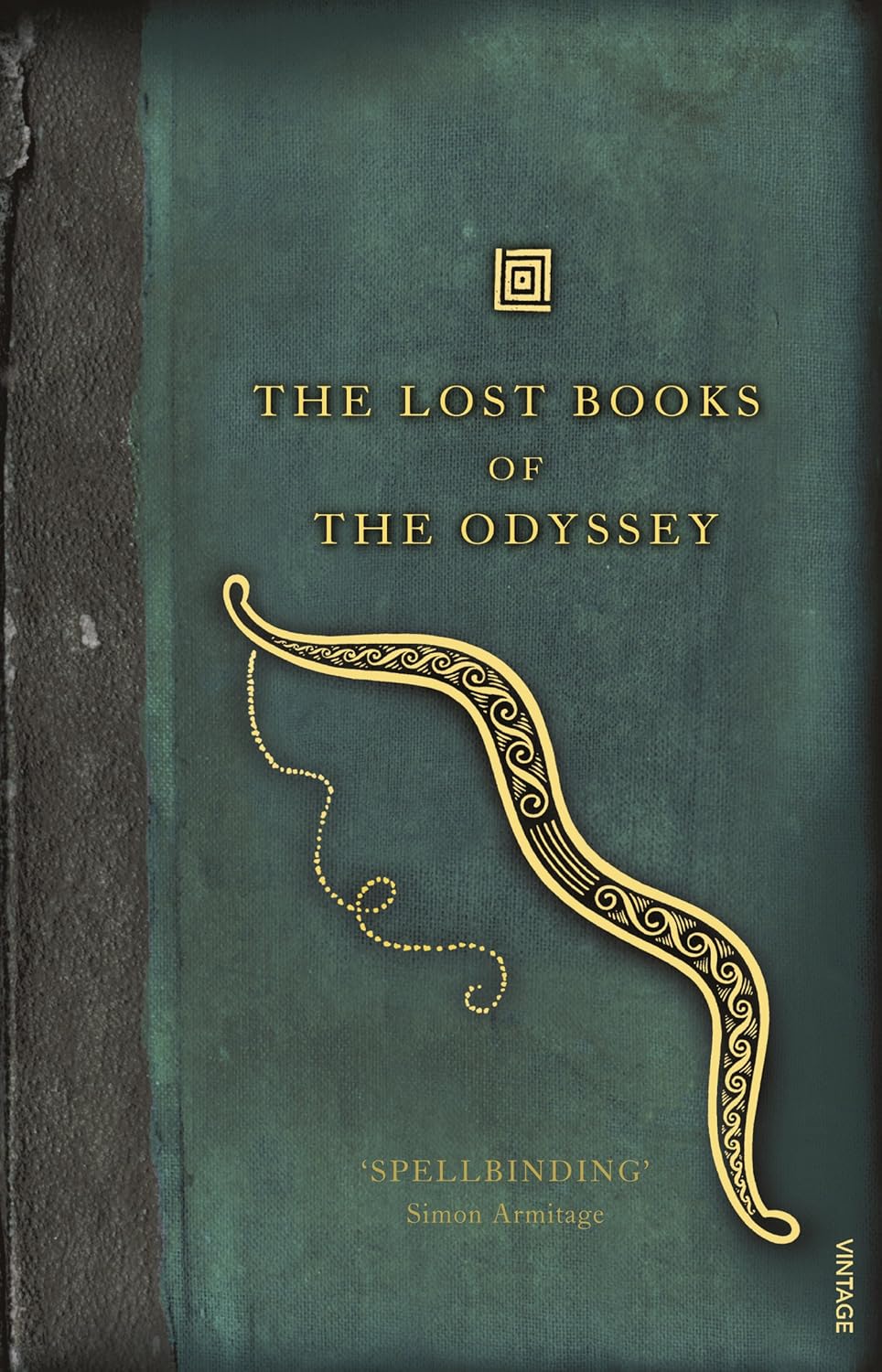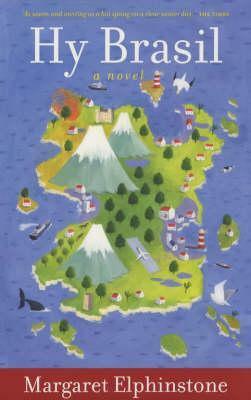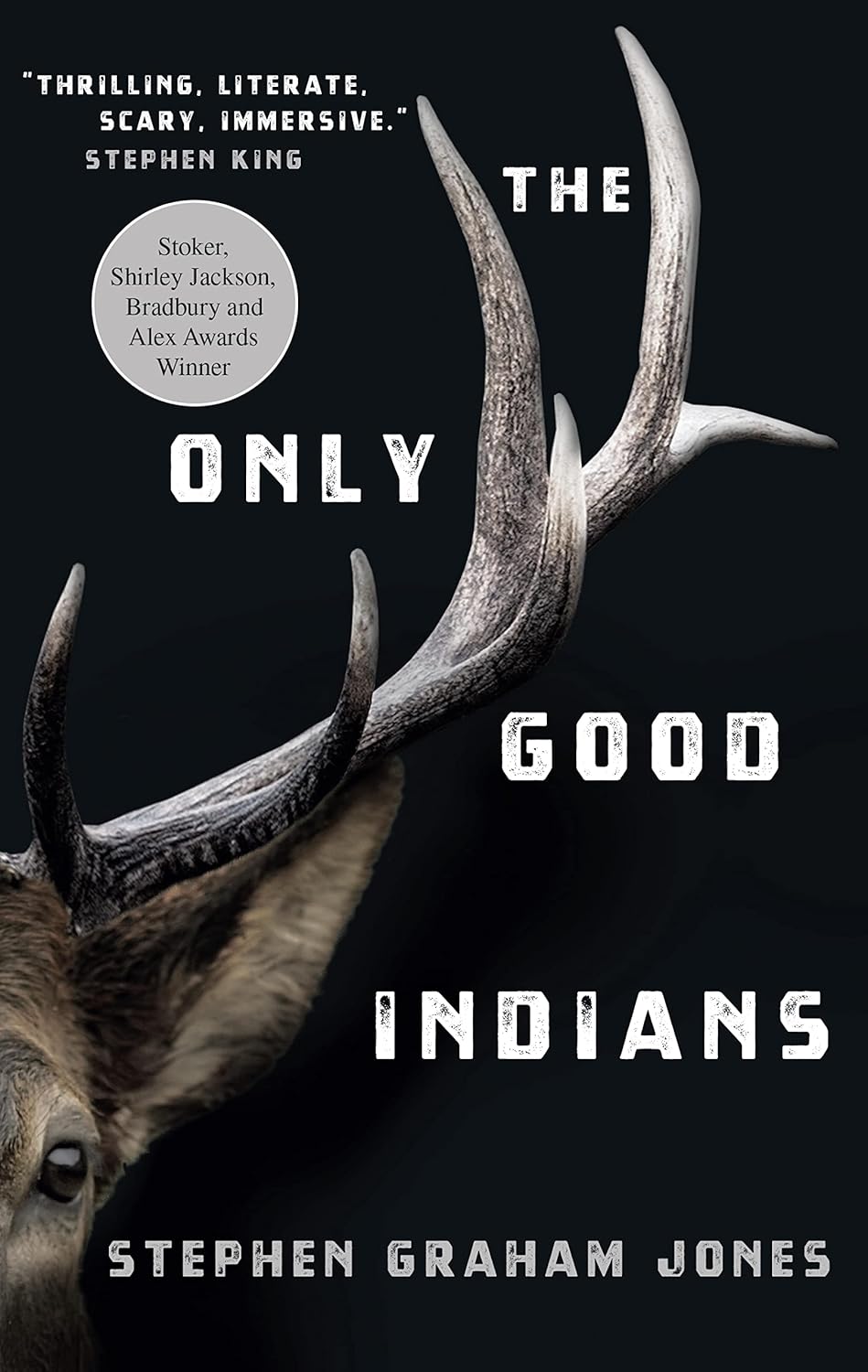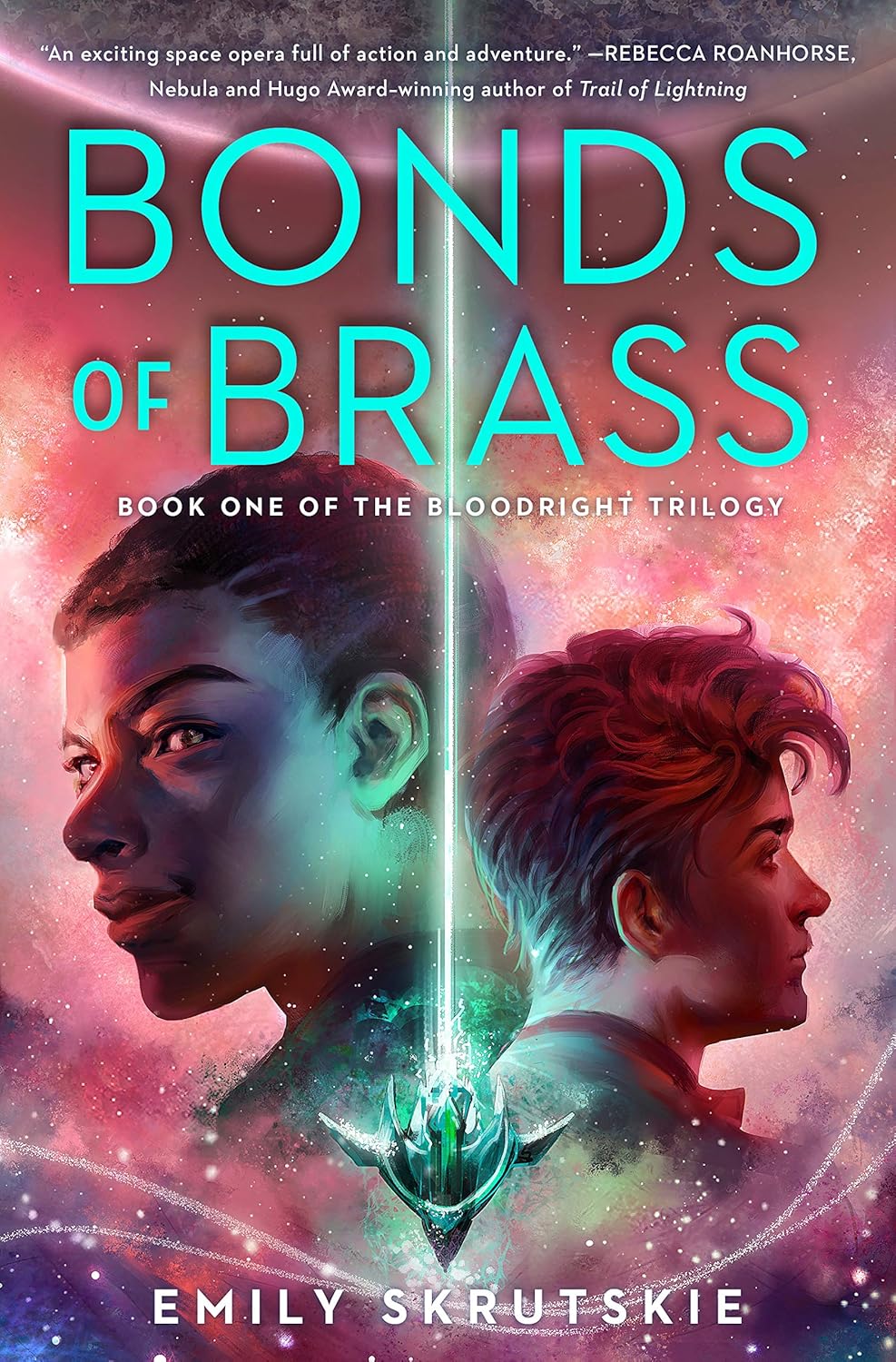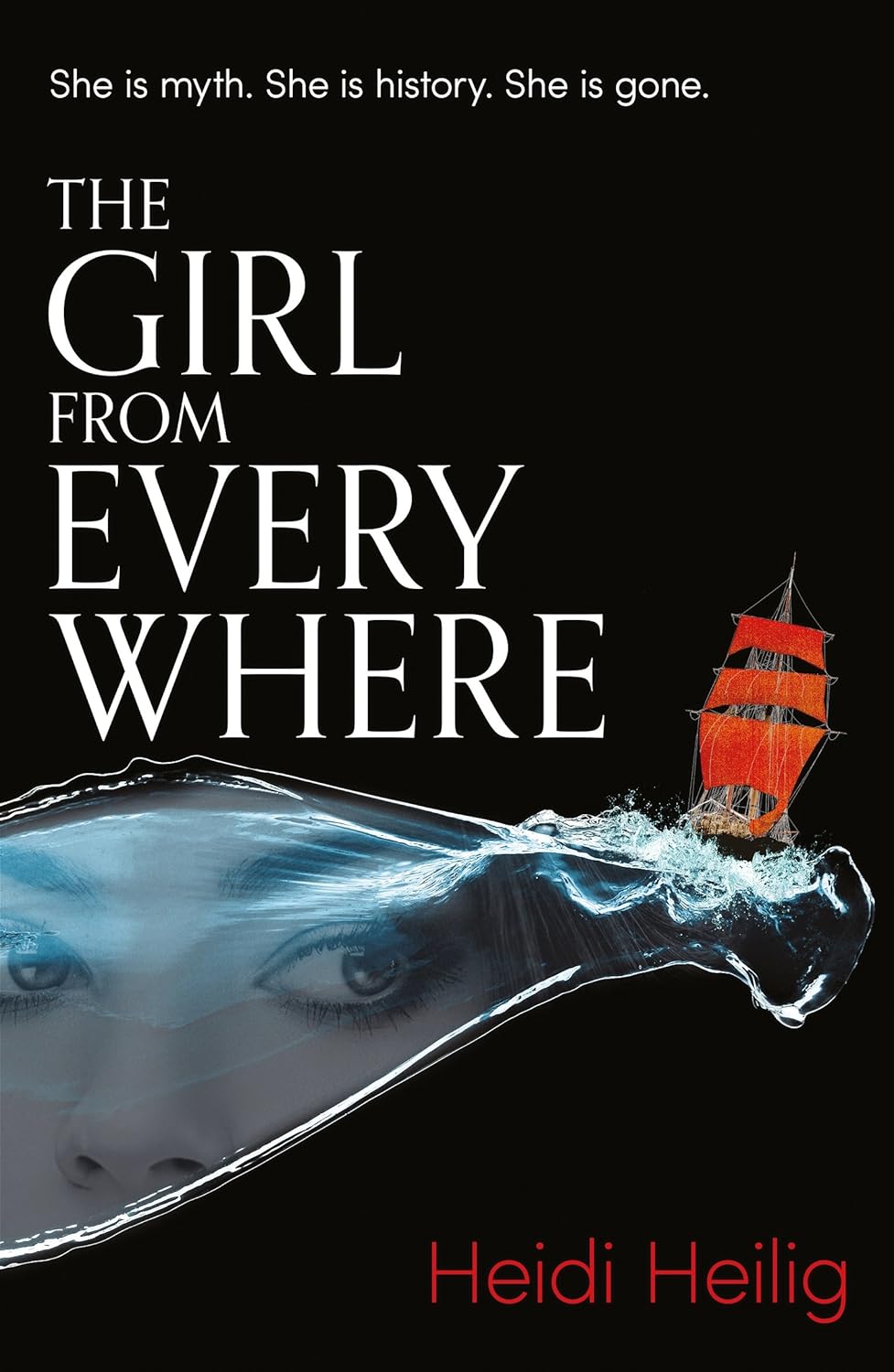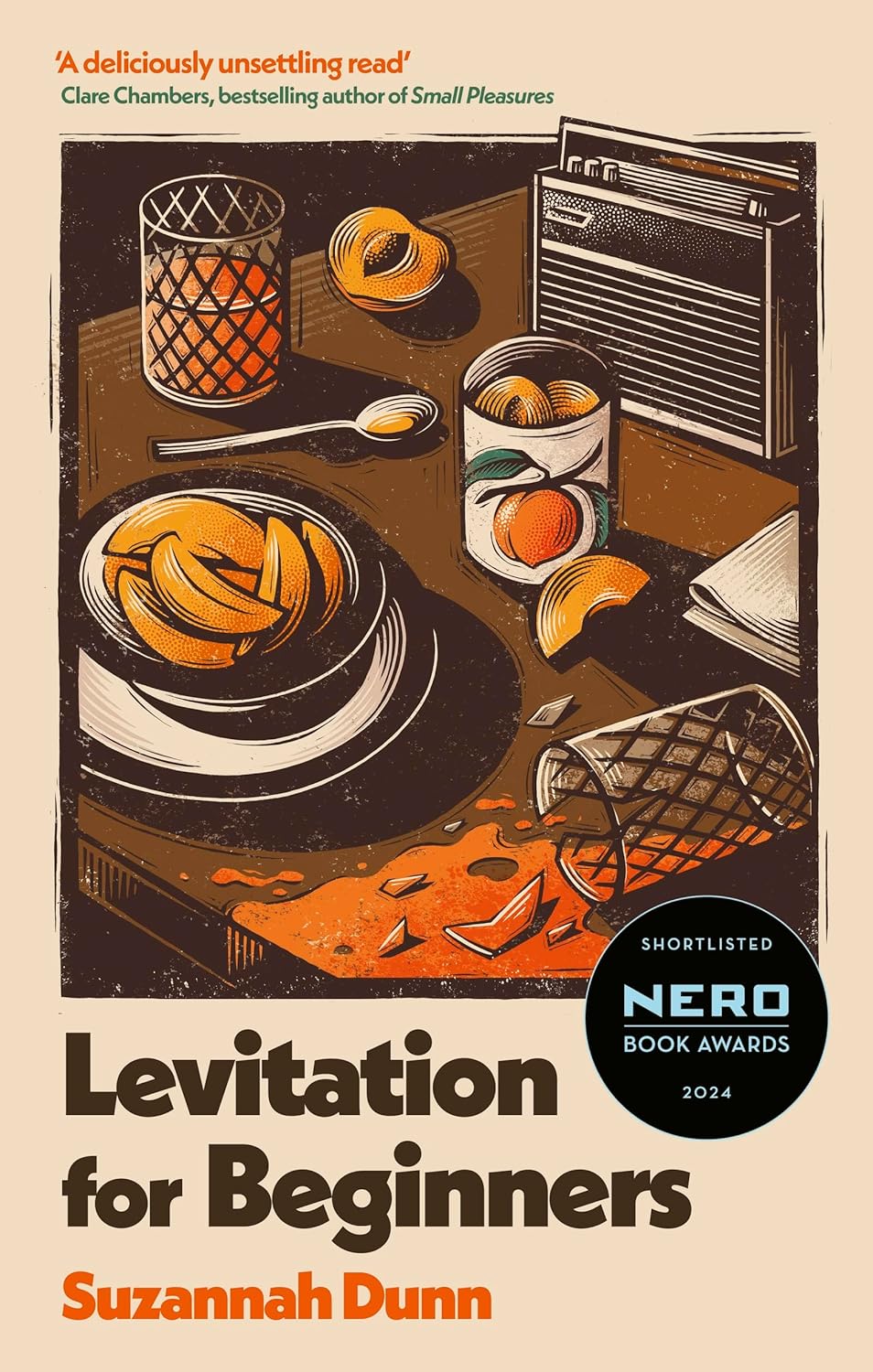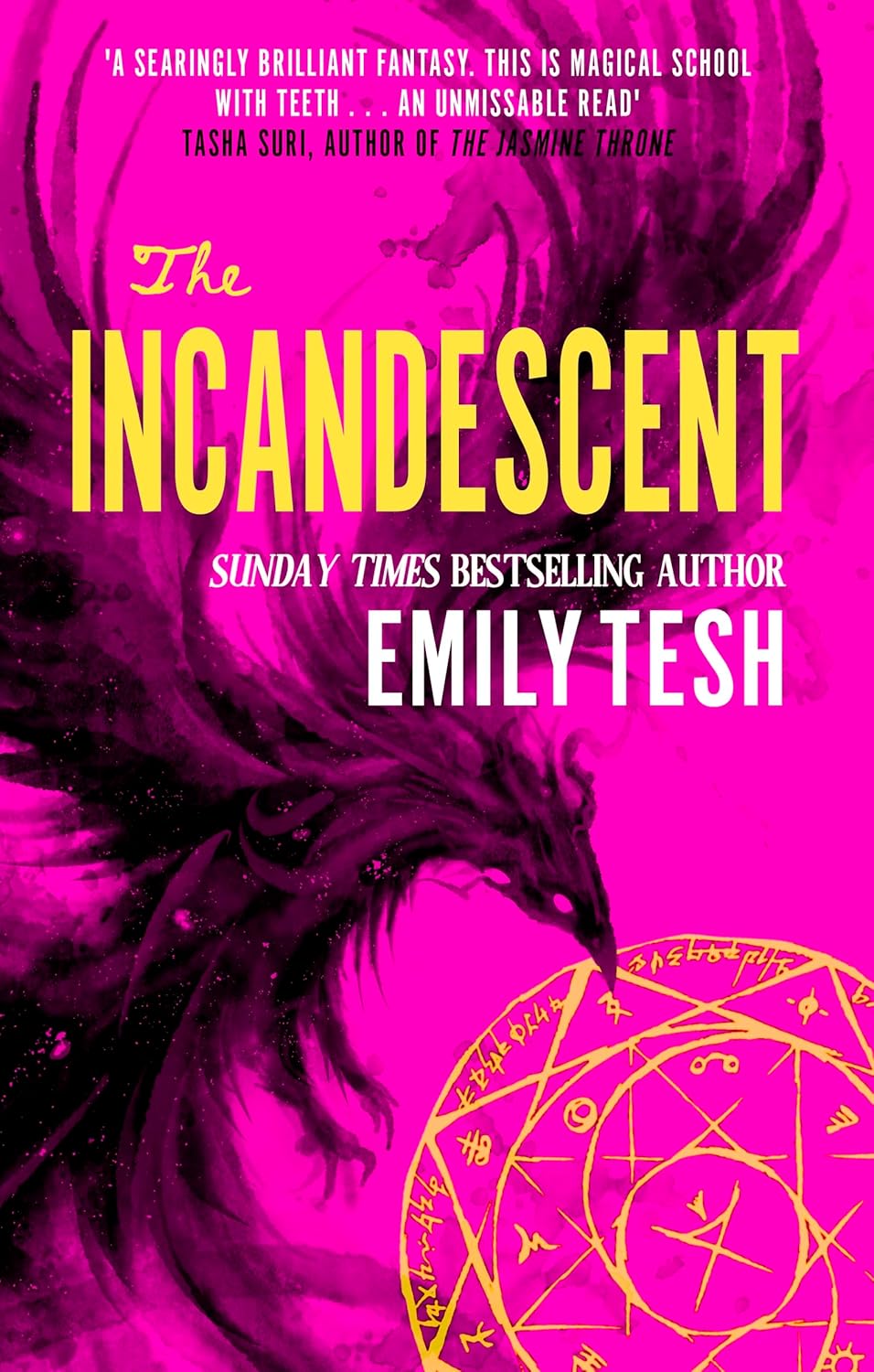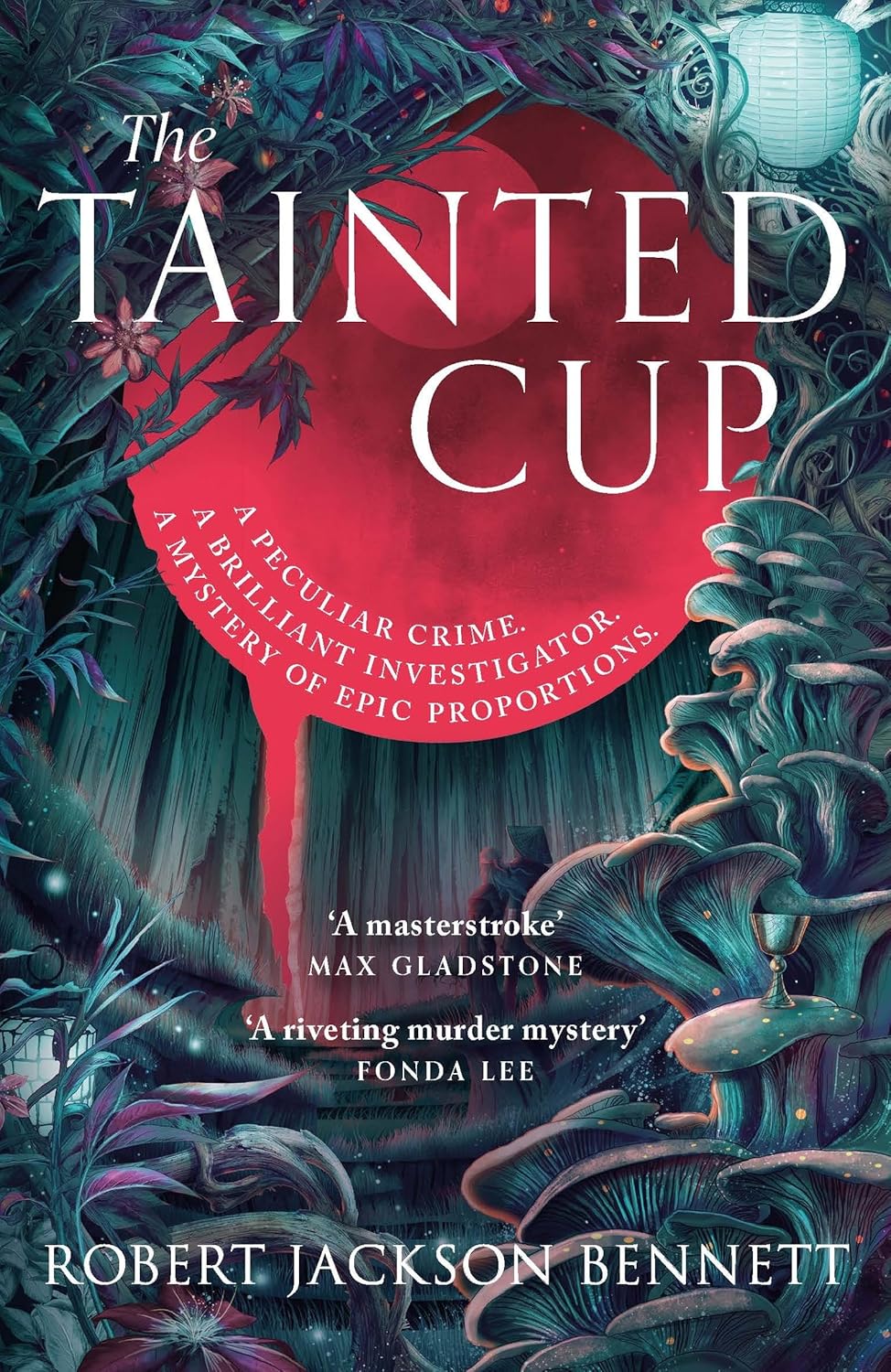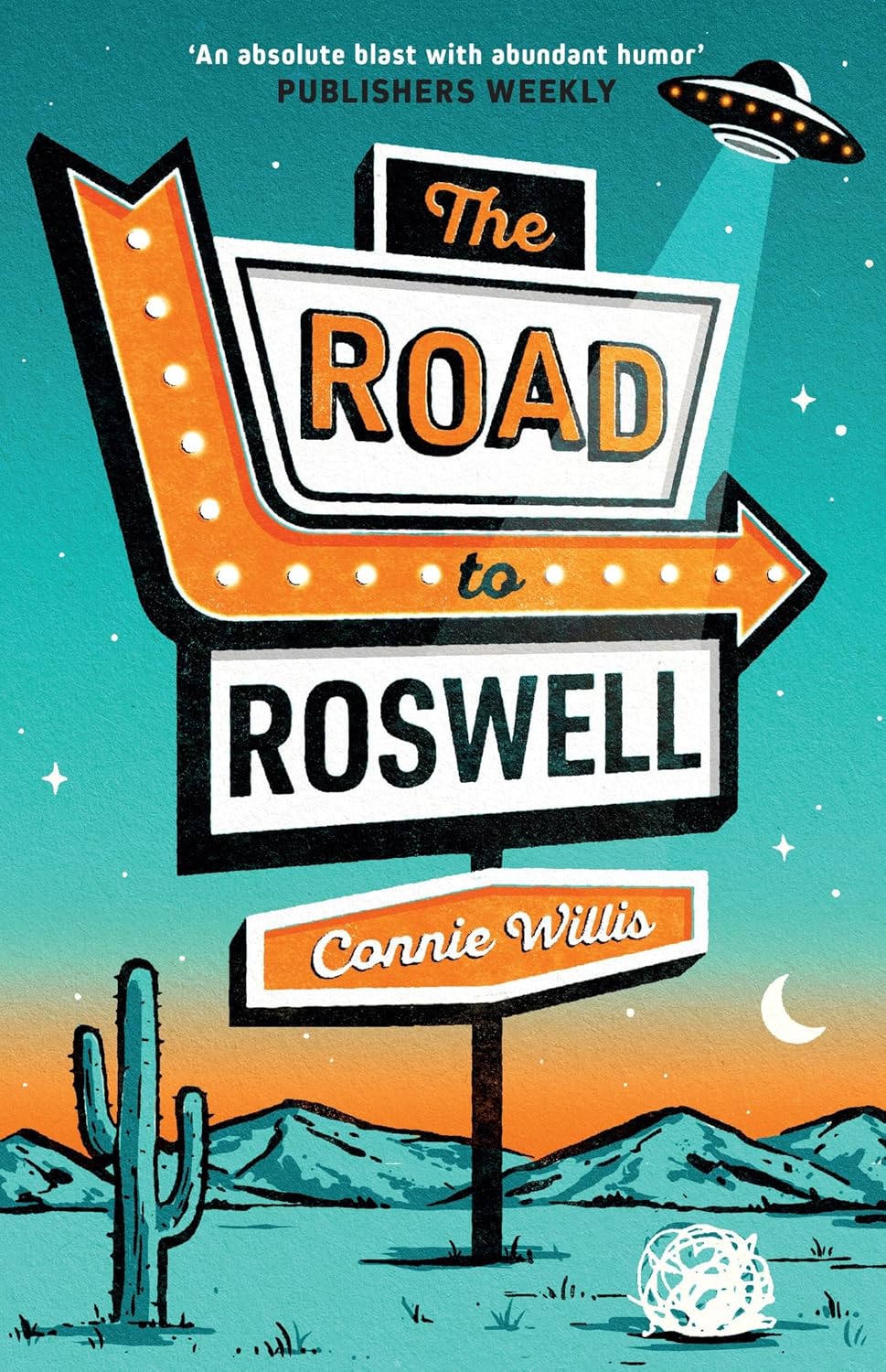Now every debt is paid, every sin erased and I can begin anew, I who was once Odysseus and now am no one. [p. 145]
The conceit of this novel, or collection of short stories, is that the Oxyrhynchus Papyri contain 'forty-four concise variations on Odysseus’s story that omit stock epic formulae in favour of honing a single trope or image down to an extreme of clarity'. These are those variations, some more credible than others, which are effectively Odyssey AU*.
What if Odysseus were a coward? a sorcerer (making the golem Achilles)? What if he returned home but found Penelope dead? or remarried? or aged in some 'malevolent illusion'? What if Agamemnon, after the war, hired a master assassin to kill the overly-cunning Odysseus, but that assassin was Odysseus himself? What if Odysseus is the author of the Odyssey? What if the Odyssey is actually a chess manual?
There are a couple of stories about side-characters, too, such as Polyphemus. And the Cyclops' remains are shown to one Odysseus: "a huge skeleton embedded in a cliff-face. The skull had a single wide orbit flanked by fearsome tusks nearly half as long as its body" [p. 223]. The footnote to this scene references the excellent The First Fossil Hunters by Adrienne Mayor. Mason provides thorough footnotes throughout, explaining real or imagined theories underlying each story, and tantalising me with the goddess Quickness, with Egyptian colonies, with Helen's veils.
I bought this book several years ago, but the time to read it fell after seeing The Return (which I enjoyed very much): it was a perfect complement. The prose is powerful, the tone and style varied, and though not every story hit the mark there were some truly memorable variants on the myth.
I fear global replace has corrupted this text in an attempt to anglicise it: 'prizes' become 'prises', 'seize' becomes 'seise', 'sizes' becomes 'sises'.
*AU: 'alternate universes': a fanfic term. I note there is no gender-swap variant here.
